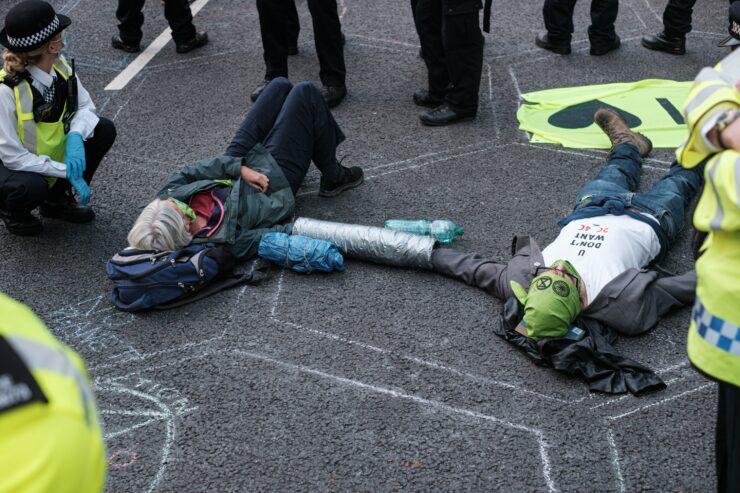Agenda
Public Lecture by Stef Craps: Ecological Mourning: Living with Loss in the Anthropocene

The experience and anticipation of environmental loss—whether of plant and animal species, ecosystems, landscapes, or an inhabitable planet—cause profound sorrow, which is being felt more and more acutely by a growing portion of the world’s population as we move ever deeper into the Anthropocene. However, as yet, we are somewhat at a loss as to how to adequately navigate the affective terrain of environmental breakdown. Lacking standard protocols and procedures, we do not quite know how to make sense of, channel, or cope with its psychological impact.
This lecture will explore how literature, and art more generally, serves as a cultural laboratory for articulating and dealing with grief related to environmental loss, which remains largely unspoken and unrecognized. The act of naming the often disenfranchised and marginalized forms of grief arising from environmental loss is a major step in bringing them to public awareness and granting them social acceptance and legitimacy so that they can be processed more effectively. Coming to terms with ecological grief can inspire efforts to work through it and reinvigorate practices of environmental advocacy in the face of the daunting ecological challenges confronting global society in the twenty-first century.
The lecture consists of three parts. First, I will explain why the very idea of ecological mourning meets with strong resistance in some quarters. I will go on to discuss the phenomenon of glacier funerals, which has helped ecological mourning overcome that resistance and go mainstream in recent years. I will end by analysing a newly published novella that offers a profound meditation on its perils, pitfalls, and possibilities: The Impossible Resurrection of Grief by Octavia Cade.

Stef Craps is a professor of English literature at Ghent University, where he directs the Cultural Memory Studies Initiative. His research interests lie in twentieth-century and contemporary literature and culture, memory and trauma studies, postcolonial theory, and ecocriticism and environmental humanities. He is the author of Postcolonial Witnessing: Trauma Out of Bounds (Palgrave Macmillan, 2013) and Trauma and Ethics in the Novels of Graham Swift: No Short-Cuts to Salvation (Sussex Academic Press, 2005), a co-author of the New Critical Idiom volume Trauma (Routledge, 2020), and a co-editor of Memory Unbound: Tracing the Dynamics of Memory Studies (Berghahn, 2017). He has also (co-)edited special issues of journals including American Imago, Studies in the Novel, and Criticism on topics such as ecological grief, climate change fiction, and transcultural Holocaust memory.
This lecture is jointly organised by the Utrecht Forum for Memory Studies and the ERC-funded project ReAct (Remembering Activism: The Cultural Memory of Protest in Europe).

